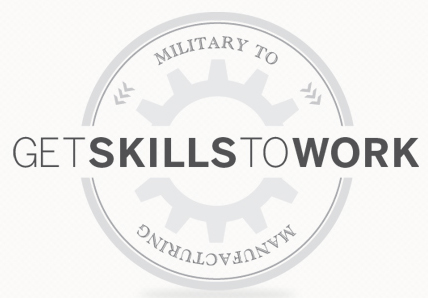Top 10 Most Common Resume Mistakes and How to Avoid Them
Post Views 35Summary: Check your resume against this list of 10 mistakes to avoid and follow this important advice to fix the biggest problems.
A solid resume may be the single most important bit of writing you do in your life. Often, it can be the difference between an endless, unsuccessful job search and lining up several interviews for your dream career. As your first contact and your first impression with HR or a hiring manager, it is important that your resume be faultless.
Job searchers often send the wrong message or really no message at all by committing these common resume mistakes. Before turning in your resume, make sure you check for these issues and correct them. Your dream job may be on the line.
1) Not Tailored to the Job
You have to show how you fit the job and how your experience makes you the most qualified. If your focus is to get an sales analyst job, your resume should show it. Avoid wasting too much precious resume real estate on your sales clerk work, and focus on relevant experience and achievements.
2) Inexcusable Errors – Punctuation, Spelling, and Grammar
More than ever, spelling and grammar errors are completely inexcusable on a resume. Aside from the detailed proofreading you should be doing on your own, computers will highlight most common problems. Be careful with word choice. For example, make sure you know the difference between there, their, and they’re. If grammar is not your specialty, find someone to proofread for you, which is a wise idea anyway.
3) Cookie-Cutter Formatting
Sure, that downloaded resume template for your popular PC office suite may have sufficed for an A in high school English, but it will make you look simplistic to potential employers. Show off your skills and design your own resume format. If you must start with a template, reformat it enough to make it original and your own. Better yet, find some help from a friend who is a word processor whiz.
4) Using a Resume That Doesn’t Look Like a Resume
While you need to ditch the resume template, keep it looking like a resume. Resist the temptation to design a resume using a dozen different fonts on elegantly cut out colored paper. Your resume should remain professional, even if you make it a little fancier. Strike that balance between basic black and white text and a magazine page, staying clear of either extreme. A fine example is pictured in this Granted.com article: Give Your Resume a Makeover.
5) Too Much Information about Hobbies
When and if you include information on your hobbies and personal life activities, keep it short. It is best to keep these items relevant to your job search, such as “Speak Japanese fluently and studying Spanish.” Leave out anything that could tie you to a controversial group or to a religion. You may be proud of your activities, but you may put off your resume reader.
6) Detrimental Organization
Hiring managers will potentially have hundreds of resumes to read and often not nearly enough time to give each resume their compete attention from beginning to end. If you want to avoid the quick discard pile, make sure to highlight your best attributes early, in the first half of the page.
7) The Goldilocks Conundrum

8) Lacking Specific Information
Even if you have chosen the right set of skills to share in your resume, you may not be saying enough about your specific experience. Trade “ran daily reports” for the more detailed “executed business summaries in Excel, and validated over 500 new data points daily.” This will give your potential employer a much better idea of what your experience is and what your contribution could be.
9) Outdated Contact Information
Even after your resume is otherwise picture perfect, your potential employer will want to do their homework and contact your references. Make sure you supply current contact information to simplify the process or you may lose out to another job candidate whose references are more easily reached. Even worse, a resume not updated with your current personal contact information is a huge waste of your time and that of your potential employer. Double check that you have included your current phone number and best email. A hiring manager can’t hire you if they can’t get in touch with you.
10) Lacking Action
Job descriptions are dry reading and don’t do much to illustrate how well you performed your assigned tasks. Rather than posting a list of regular duties, focus on the actions you performed. Instead of saying “In charge of sales,” use strong action based descriptions like, “developed and oversaw implementation of sales procedures.”
Now, take what you have learned and get busy correcting and perfecting your resume. As this is not an exhaustive list of resume advice, I strongly recommend you click on the tags below to learn more about crafting a resume.
Top 10 Most Common Resume Mistakes and How to Avoid Them by Cameron Griffin


 Overseas Construction Jobs – How to Find a Good Construction Job Overseas
Overseas Construction Jobs – How to Find a Good Construction Job Overseas